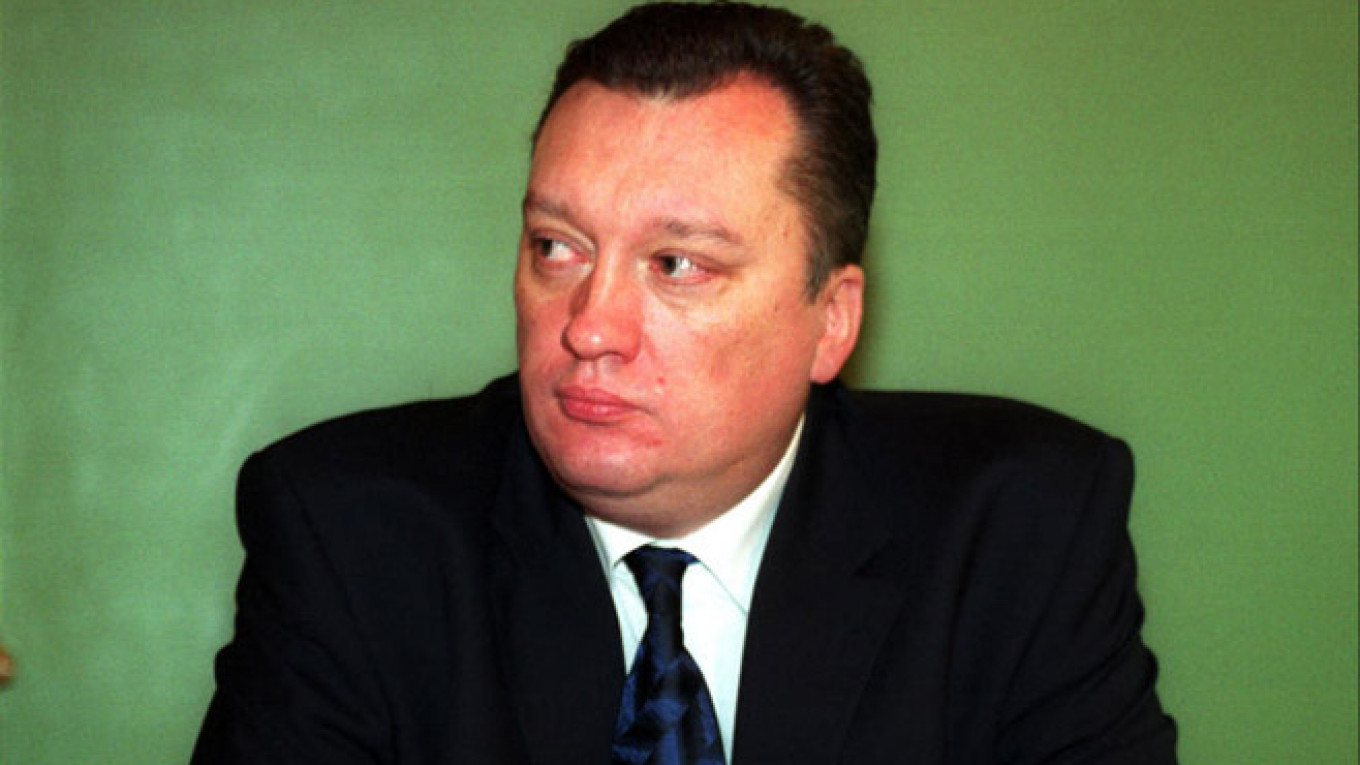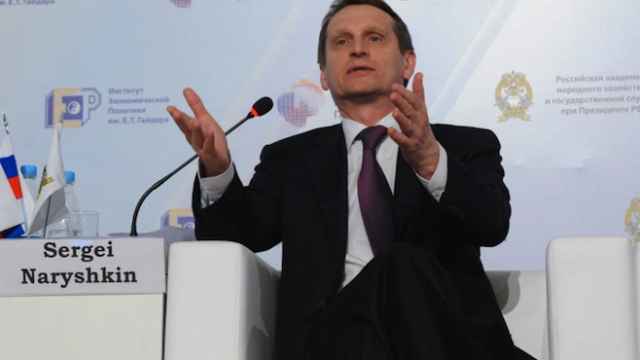Members of the Federation Council, Russia's upper house of parliament, have agreed to cut their salaries by 10 percent, the Interfax news agency reported Tuesday.
The senators decided to reduce their salaries in order to economize state budget funds, Federation Council member Vadim Tyulpanov was cited as saying.
In addition, the senators intend to reduce their expenses by 10 percent on travel, including business trips, and are advised to travel economy class, rather than business class, whenever possible, Interfax reported.
They will also cut the number of committee meeting sessions in the regions from two or three meetings to one, which could save up to 200 million rubles ($3.2 million), Tyulpanov said.
The Federation Council has also resolved not to buy any new equipment this year. "This mostly applies to office equipment. We came to the conclusion that we can manage with what we have," Tyulpanov was cited as saying.
The initiative is due to be formally approved Wednesday. "Then we will think of other possible ways to reduce our expenses," Tyulpanov said.
Last week, Sergei Naryshkin, chairman of the State Duma — the lower house of parliament — proposed reducing salaries and expenses by 10 percent. The initiative was approved by the government, the Federation Council and the Central Executive Committee.
Members of the presidential administration have also reportedly taken a 10-percent pay cut amid a proposal by Finance Minister Anton Siluanov to cut all government spending by 10 percent, with the exception of defense.
Russia's economy is forecast to shrink by at least three percent this year, weighed down by a precipitous dive in the price of oil, Russia's top export, coupled with ongoing Western sanctions.
A Message from The Moscow Times:
Dear readers,
We are facing unprecedented challenges. Russia's Prosecutor General's Office has designated The Moscow Times as an "undesirable" organization, criminalizing our work and putting our staff at risk of prosecution. This follows our earlier unjust labeling as a "foreign agent."
These actions are direct attempts to silence independent journalism in Russia. The authorities claim our work "discredits the decisions of the Russian leadership." We see things differently: we strive to provide accurate, unbiased reporting on Russia.
We, the journalists of The Moscow Times, refuse to be silenced. But to continue our work, we need your help.
Your support, no matter how small, makes a world of difference. If you can, please support us monthly starting from just $2. It's quick to set up, and every contribution makes a significant impact.
By supporting The Moscow Times, you're defending open, independent journalism in the face of repression. Thank you for standing with us.
Remind me later.






